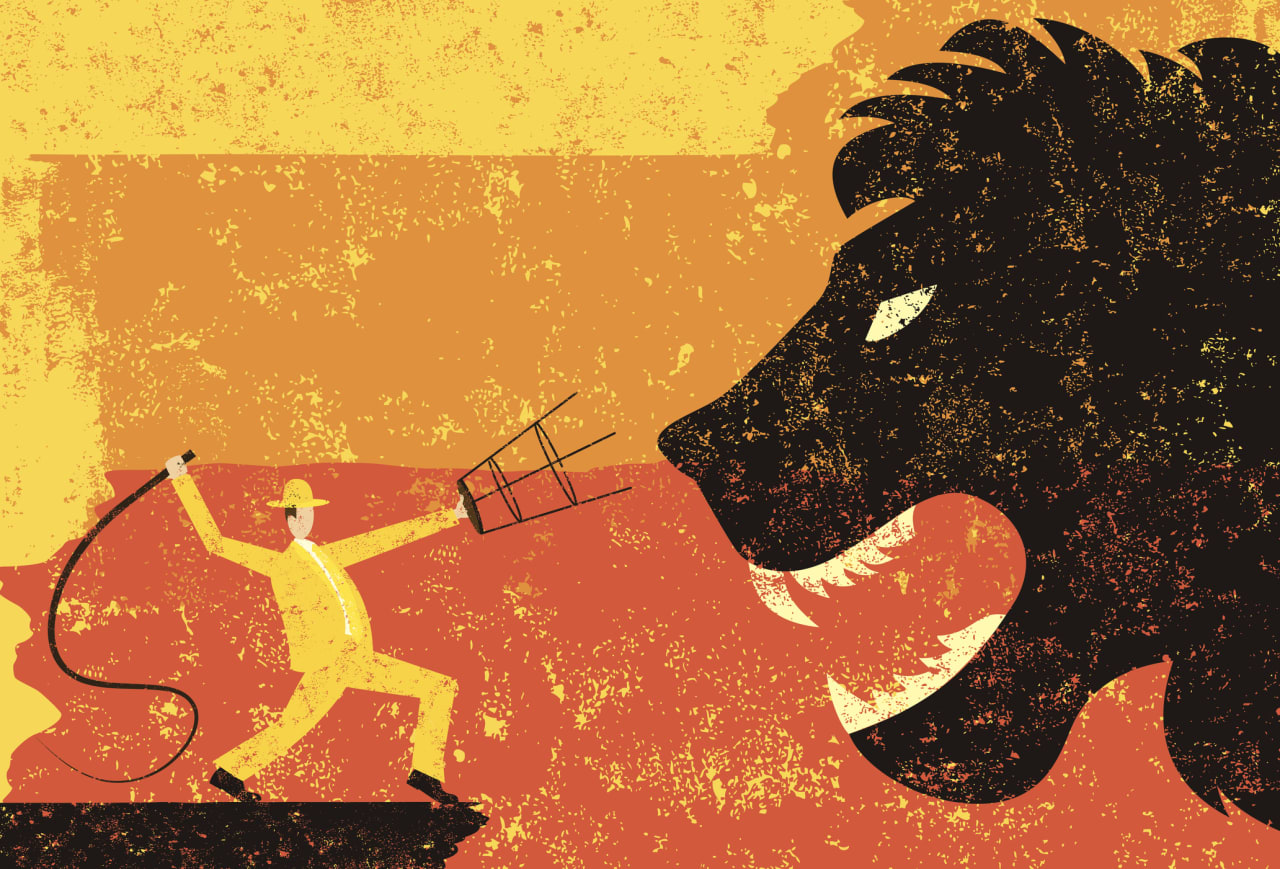This post was originally published on this site

It seems the worst of this economic crisis may have passed, though the health risks will be with us for some time. What have we learned? For many people, long-discussed financial risks became all too real in 2020.
There are two words that should always be part of our thinking: what if. Those two words aren’t always associated with bad things. What if I win the lottery? I have a plan for that, which varies depending on how much I win and whether it triggers estate taxes. The chance of that plan being needed is, of course, nil.
Most “what ifs” relate to family, money and our future security. Could anything—short of a world war—have done more than today’s pandemic to heighten those concerns? And yet I suspect the current crisis will soon be a dull memory and most Americans will be back to their old financial ways. But for those who want to be prepared for the next crisis, here are eight “what ifs” to ponder:
1. You die unexpectedly. Do you have adequate life insurance? If you own a small business, what will happen upon your death? Are your beneficiary designations up to date? Does your surviving spouse know where to turn for income? Do you have an updated will? Have you prepared final instructions, so your family knows what to do and where important papers are located?
2. You suffer a prolonged illness. Do you have an idea of the income you could expect from employer or government benefits? Do you carry long-term disability insurance? For working people, disability is a greater risk than death.
3. You lose your job or your pay gets cut. Sure, we’ve been told about having a three-month emergency fund forever—and, for just as long, most people have ignored the advice. Has the current crisis been a wakeup call? There’s some evidence Americans are saving more. But will this last or is it just that these days it’s harder to spend money on nonessentials?
4. Your investments go off track. If there was ever a time for learning a lesson about the stock market, this is it. A rollercoaster has nothing on the Dow Jones Industrial Average. We knew—or should have known—that the stock market goes up and down, and that some industries are more affected by economic conditions than others.
What are the lessons? Don’t try to time the markets, think long term and be diversified. Most people should stick with index mutual funds and stay the course. In fact, if you’re still employed, your everyday spending may have gone down, so now is a great time to increase your savings.
5. You lose your health care coverage. Employers cover more than half of all Americans. But if you lose your job, you lose that coverage. Be aware of your rights under COBRA and of the coverage available through your state’s health care exchange. COBRA coverage is for a limited time, plus it may be more expensive than coverage bought through one of the exchanges, where you should have multiple policies to choose from and you may be eligible for subsidies. One other tip: If you have a high-deductible health plan, build up your health savings account (HSA). It’s a good way to cope with “what if” medical bills and premiums.
6. You can’t pay your credit card bill. Charging the minimum to your credit card each month is the best way to avoid this pitfall. Sometimes, doing without a few discretionary expenses is better than charging too much and not only risking your credit score, but also wasting money on credit card finance charges. Keeping your balances low also provides flexibility if you have to use credit to cover a financial emergency.
7. You’re hit with a major repair bill. Perhaps the car breaks down. Perhaps the roof needs to be replaced. It’s the same old admonishment: You need an emergency fund. Even if you have a job or a healthy amount of retirement income, there are unforeseen expenses that can throw your finances off balance and cause you to pull out that credit card. It’s much better to have a cash reserve to call on.
8. You’re unprepared for retirement. Perhaps because of a layoff, a cut in pay or the elimination of your employer’s 401(k) match, you won’t have enough retirement income. Is there a plan B? You shouldn’t be making that determination at the time you retire. Instead, you need time to make adjustments along the way. Increasing savings is the No. 1 option. You might sock away any year-end bonuses or overtime pay. You might also take a part-time job in retirement or find a way to turn a hobby into income.
“Frugality, my dear, frugality, economy, parsimony must be a refuge,” John Adams wrote to his wife Abigail in 1774, while away at the first Continental Congress and unable to find legal work. Adams also suggested Abigail eat more potatoes. Interestingly, Adams died with a substantial estate, while the high-living Thomas Jefferson died virtually bankrupt.
This column first appeared on Humble Dollar. It was republished with permission.
Richard Quinn blogs at QuinnsCommentary.com. Before retiring in 2010, Dick was a compensation and benefits executive. His previous articles include Despite Myself, Battle Over Benefits and Side Effects. Follow Dick on Twitter @QuinnsComments.

